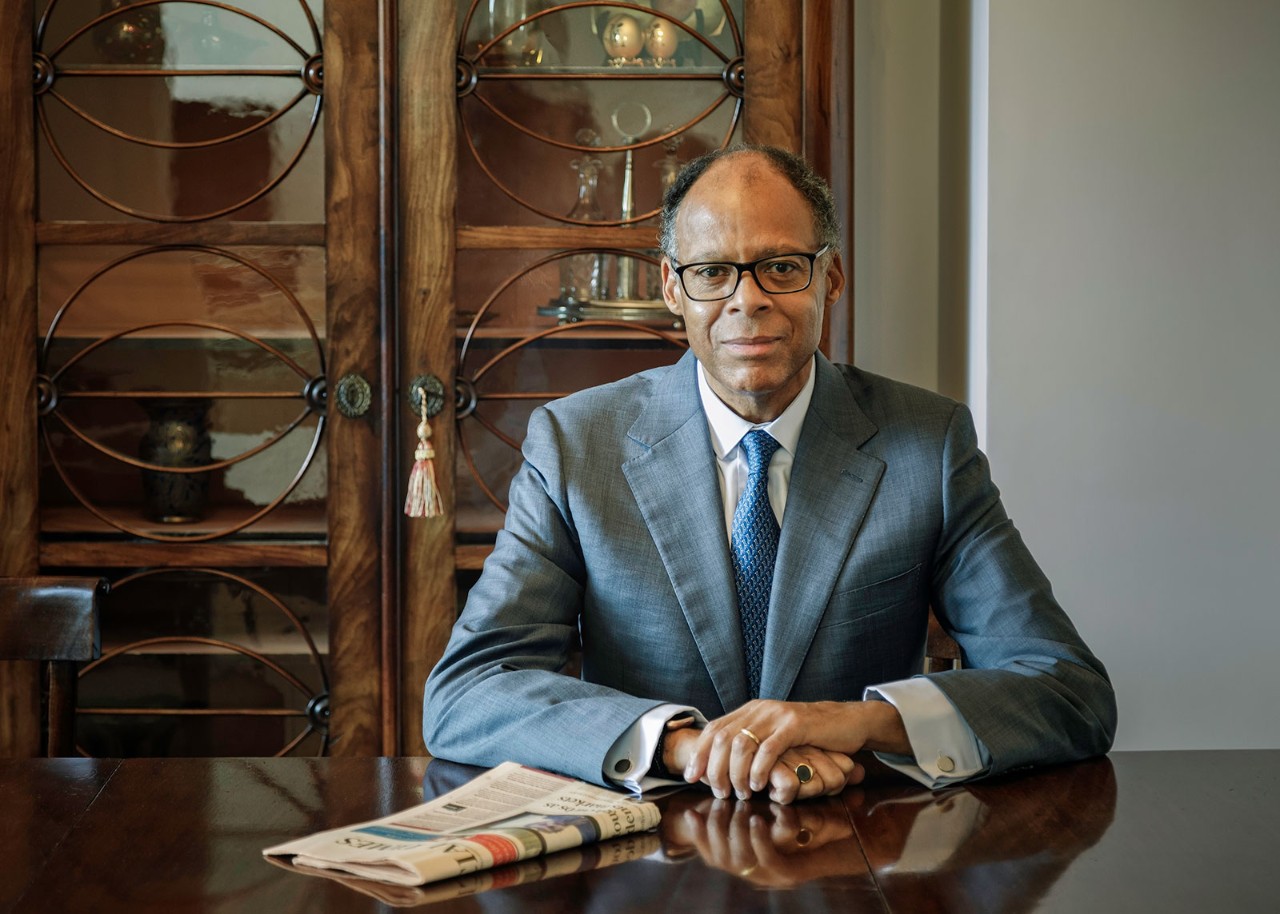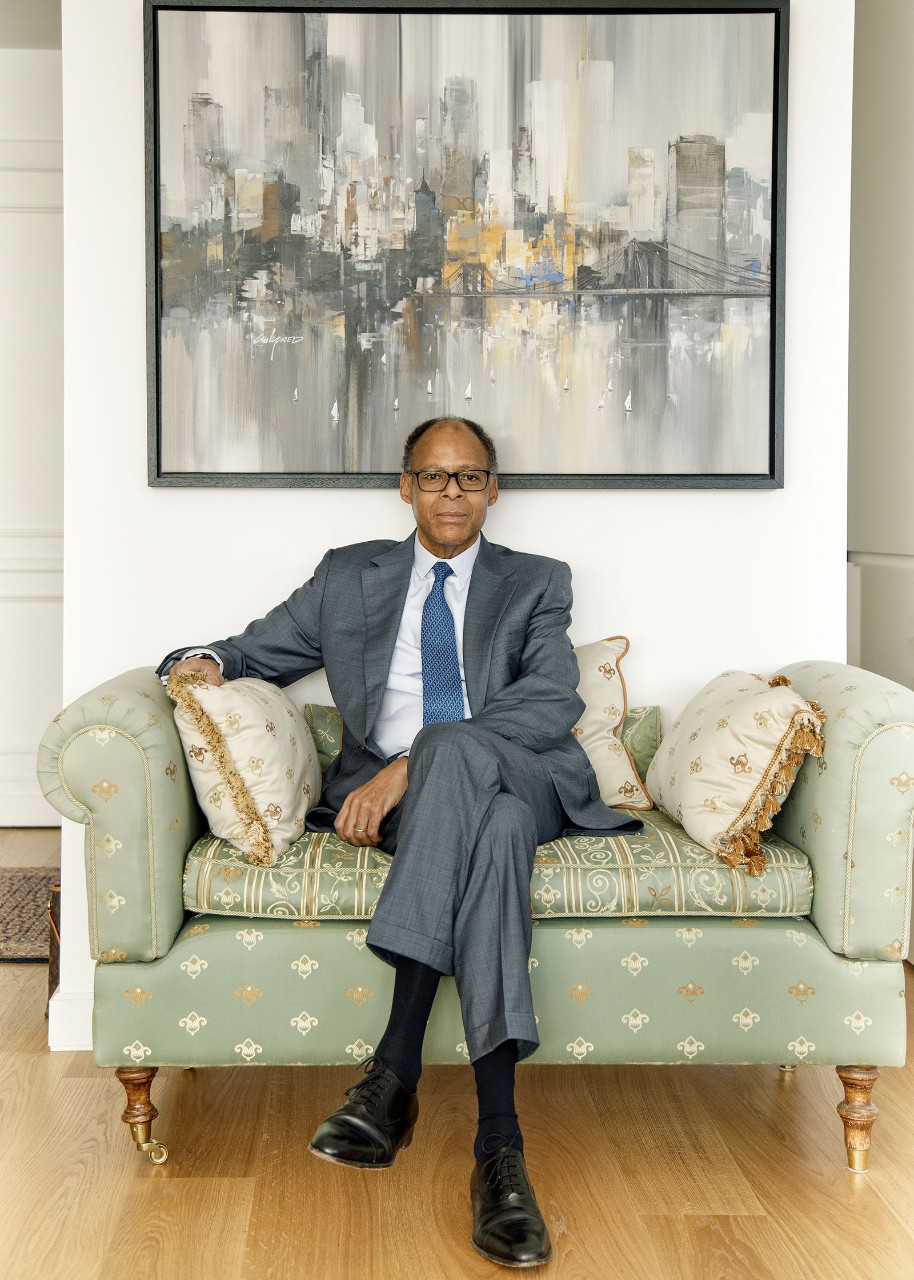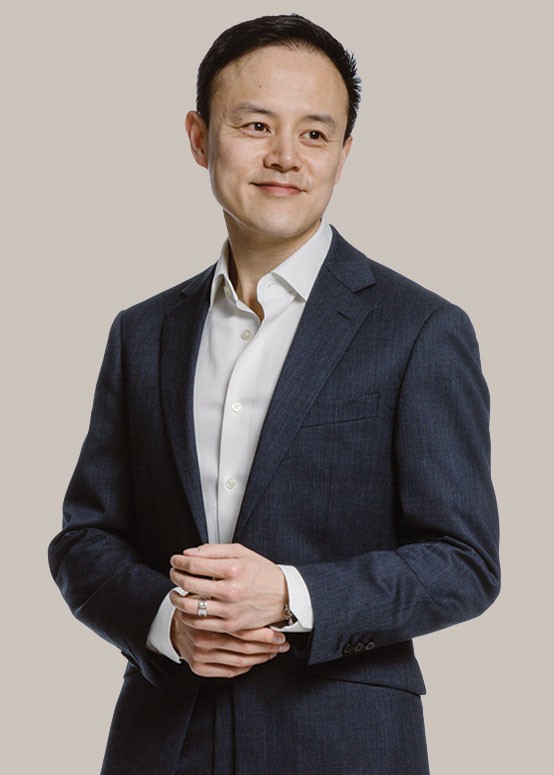
Ever since his days working at Unilever, Alan Johnson FCCA has valued the opportunities he has been given to learn from and work with a truly diverse range of colleagues. So, it is perhaps fitting that this month, Johnson takes over as president of the International Federation of Accountants (IFAC), the worldwide body that brings together professional accountants from around the globe, and from many sectors, to find unity in their diversity.
Speaking from Rome, Johnson talks of the pressing issues that the accountancy profession currently faces, and the important role that IFAC plays in bringing together key stakeholders from business, government, the investor community and the wider public to tackle these issues.
‘I really believe that we can make a difference if we understand each other, and I was given the opportunity to learn from many different people’
Catalyst for action
‘Working with organisations such as ACCA, we can act as a catalyst, and have a great opportunity to learn and share experience across the globe,’ he says, ahead of his two-year term as IFAC president.
With a Nigerian father and British mother, Johnson has always valued and appreciated multiculturalism and diversity. This was what he found so attractive about Unilever when he joined the consumer goods giant back in the mid-1970s as an accountancy trainee. ‘Even then, I saw it as a socially responsible company, one that was prepared to do the right thing in society,’ he says.
During his time at Unilever, where he gained his ACCA Qualification, he was able to work at country, regional and global levels across seven countries and three continents: Europe, Africa and Latin America. His 35-year career saw him take on a number of finance positions, notably as CFO of Unilever’s global foods business and, ultimately, between 2005 and 2011, as the chief audit executive of the whole group.
‘I never like to talk about personal achievements,’ he says. ‘I have been lucky to work in teams that bring together different cultures, and teams that have had a lasting impact. But I am most proud of having the opportunity to work in and influence multi-ethnic and culturally diverse teams. I really believe that we can make a difference if we understand each other, and I was given the opportunity to learn from many different people.’
In 2012, Johnson took on the CFO role at Jerónimo Martins, a food retailer with operations in Portugal, Poland and Colombia. ‘I had planned to retire but was brought in to help develop the global finance function. It was a new culture, but I already spoke Portuguese, which helped.’
Tips
‘Recognise the privilege of working in our profession and the value it provides to business and the public sector, while living by the high standards expected of us.’
‘Think about how you can make the world a better place. Be an example to your colleagues and remember we are governed by a code of ethics.’
‘Our profession is truly global: take the opportunity to work in diverse teams and understand different points of view.’
‘Always think about the public interest above your personal interest. If you do that, you will do well.’
Beyond corporate
Johnson is still associated with Jerónimo Martins as the independent chair of its internal control committee. Over the years, he has also been closely involved with both IFAC and ACCA. He has been a member of IFAC’s Professional Accountants in Business advisory group and ACCA’s Market Oversight committee, while chairing ACCA’s Accountants for Global Business Forum until 2018. In 2015 he was nominated by ACCA to sit on IFAC’s main board from 2015 before becoming deputy president in November 2018.
In addition, he was a non-executive director of the UK Department for International Development (DfID), chairing its audit and risk assurance committee until September 2020 when it was merged into the Foreign Office, and is on the board of trustees at the International Valuations Standards Council in the UK.
Updated strategy
IFAC recently updated its strategy, which, Johnson says, ‘essentially reconfirms the role that we play in the profession, both in terms of supporting the setting of international standards for professional accountants, and also standards for public sector accountants, and their adoption and implementation across the world’.
IFAC is also able to provide thought leadership and guidance to the profession, working with other professional bodies to leverage their work around the world.
‘Ultimately, we want to use our position as an influential voice to represent and advocate on behalf of the profession,’ he says. That is what we need to continue to do as we see fragmentation taking place in policies and regulations.’
At this point, the conversation inevitably turns to the Covid-19 pandemic. For Johnson, cooperation across the globe has never been so important.
‘We have seen how collaboration has benefited economies and societies, and even though we might take a dim view of what has happened during the Covid-19 crisis, we must not forget that if we were not in a global supply chain, a lot of countries would not have been able to cope.’
Moving forward together
Johnson acknowledges that the current crisis has accentuated existing fractures within the global economy. In July, IFAC issued a paper calling for action from the G20 to help countries move forward together.
‘What Covid-19 has done is show that we cannot operate in isolation from each other. It has shown the respect we should have for each other, the respect that we should have for those in society who are trying to keep us safe,’ he says. In particular, he believes that governments have under-invested in infrastructure, healthcare and the professions.
‘It is amazing but sad that we don’t really appreciate professions such as the medical or teaching professions that have always been vital,’ Johnson says. ‘Why should someone who goes to work in the public sector earn a salary that is lower than the equivalent job in the private sector?’
Valuing other professions
Johnson adds that beyond the crisis, we will recognise these differences. As the chair of the board of a British school in Portugal, Johnson says he would pay a premium to a teacher over and above a professional accountant ‘because they are developing the future leaders that will make this world a better place’, and to ‘medical staff who are working tirelessly to keep us safe’.
Such professionals have, he says, dedicated themselves in very challenging circumstances to provide education, virtually or otherwise, so that students do not fall behind.
But he also recognises that Covid-19 has had as much of an impact on accountants as any other profession. ‘Accountants work in broad, multifunctional teams; they don’t work in isolation. So, not being able to work physically in teams has been a big challenge, but I find it remarkable how quickly the profession has pivoted to working virtually, with much success.
‘If we were having this conversation nine months ago, I would have said it can’t be done. But it is now working very well.’
CV
2020
President, IFAC
2018
Deputy president, IFAC; also chair of audit and risk assurance committee, UK Department for International Development
2012-16
CFO, Jerónimo Martins, Lisbon, Portugal to 2014, then non-executive director
2005
Chief audit executive, Unilever Group
2004
Senior vice president – finance, global foods division, Unilever Group
1991
Finance director, Lever Brothers; progressed through senior finance roles in various Unilever divisions in London, Paris, Rotterdam and Brussels

Public sector focus
Looking ahead, Johnson sees that a number of sectors will loom large on IFAC’s agenda. He points to the importance of the public sector, particularly in developing economies, where it can often be both the largest employer and investor.
‘The public sector needs the same calibre of accountant as the private sector,’ he says. ‘People work in the public sector because they want to make a difference. Working in DfID has opened my eyes to the importance of attracting the right people.’
The other area of focus for Johnson is small and medium-sized enterprises, which he believes are critical to sustainable development and the drivers of economic growth. ‘Large organisations are dependent on SMEs in their supply chain, and I want to make sure that SMEs are attractive to the profession. They can give accountants a much broader role and experience.’
It is perhaps this breadth of experience and opportunity that could define Johnson’s time as president of IFAC. Speaking about diversity and inclusion, he believes the profession still has a lot to do, and that it goes wider than race and gender issues.
‘In our profession today, I see more diversity. But we need to get away from just ticking boxes and believe that diversity and inclusion really do deliver better outcomes.’
IFAC
The International Federation of Accountants (IFAC) supports the development, adoption and implementation of international standards and acts as an advocate for the global accounting profession. IFAC has 175 member and associate organisations in 130 countries and jurisdictions, representing more than three million professional accountants across the globe.




